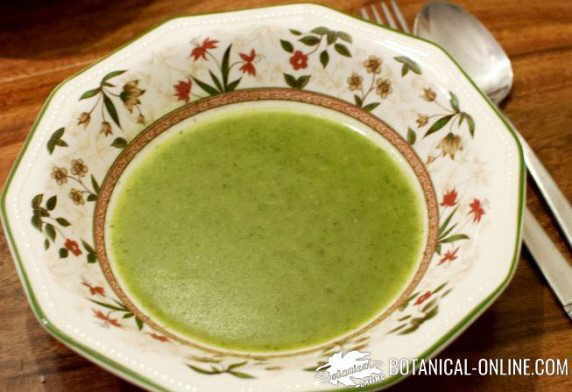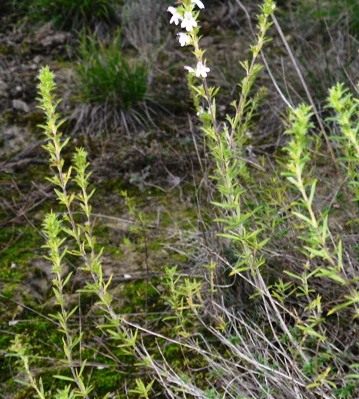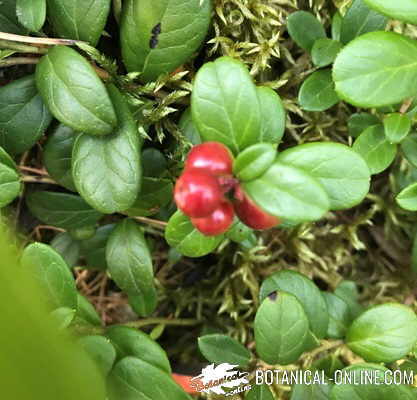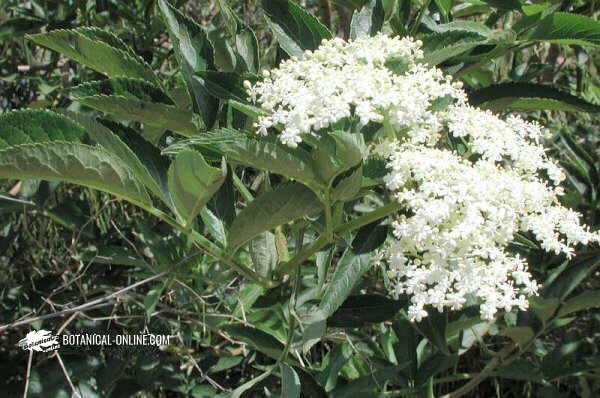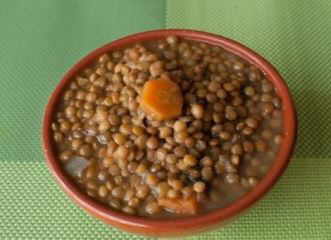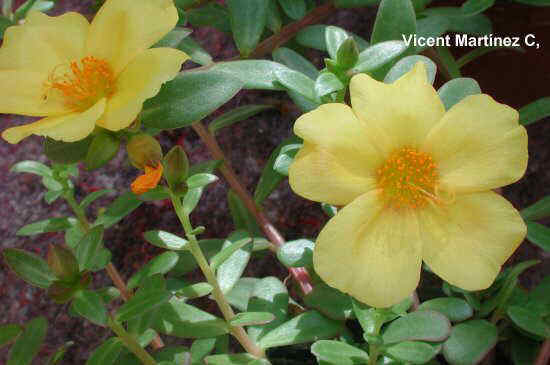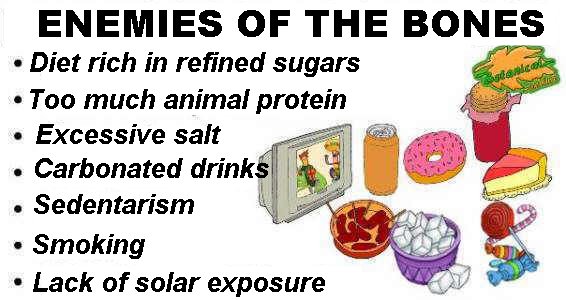Contents
- 1 Natural herbal remedies for gray hair
- 1.1 Why your hair becomes gray
- 1.2 Types of grey hair? At what age gray hair can appear?
- 1.3 Symptoms of the first gray hairs
- 1.4 Why does hair becomes gray?
- 1.5 Causes that produce white hair
- 1.6 NATURAL REMEDIES FOR GRAY HAIR
- 1.7 Phytotherapy: Plants for gray hair
- 1.8 Medicinal plant preparations to delay the onset of gray hair
- 1.9 Herbal products to cover gray hair
- 1.10 DIET FOR HAIR GRAYING
- 1.11 Food for gray hair
- 1.12 Vitamins for gray hair
Natural herbal remedies for gray hair
Why your hair becomes gray
Gray or white hair is the result of a process of changes in hair that make hair to turn white.
This change in hair coloring is done progressively as we age. It usually affects the temples first, then to the back of the head and, eventually, it reaches all hair.
Women are more prone than men to this process as it affects 65% of women who are close to forty while it usually affects only half men.
Types of grey hair? At what age gray hair can appear?

As we age, it is normal for our hair to turn gray
We must distinguish between different types of gray hair by period of occurrence:
- Premature hair graying: Premature graying occurs in people under age 20. It is the result of a hair bleaching caused by genetic factors, stress, or certain diseases.
- Patch or a streak of white color (Poliosis) It is a type of premature graying that determines the appearance of a completely white streak in the middle of hair that retains its natural color in the rest.
- Physiological hair graying: It appears as people age. From 20 years on, it is considered to be the first gray hairs that appears not considered to be premature.
Symptoms of the first gray hairs
The main symptoms of hair graying are:
- Graying hair
- Discoloration
- Fragility
- Loss of Vitality
- White Hair
Why does hair becomes gray?
Hair becomes white because a change in the amount of melanin, the pigment that determines the color of the hair and skin.
Black hair contains a lot of melanin, fair hair contains little and white hair does not contain.
As hair stops producing melanin, gray hair began to appear.
Causes that produce white hair
Among the factors that determine the appearance of gray hair, we have:
- Inheritance: People with relatives having gray hair are more likely to have it
- Food: It seems that the deficiency of some minerals or vitamins may be responsible for the appearance of gray hair. It has been found that a deficiency of iron, copper, zinc, silica, and thiamine (vitamin B1) and riboflavin (vitamin B2) may cause poor alopecia or hair coloring.
- Stress, situations of personal distress or unpleasant emotional states are often those that produce graying. It has been proven that some people, in distressing circumstances, have suffered hair graying.
NATURAL REMEDIES FOR GRAY HAIR
Phytotherapy: Plants for gray hair
Graying of hair responds to an aging process. This process is irreversible. Phytotherapy helps improve the health of hair, delaying the appearance of graying by means of keeping your hair in better condition.
The primary role of phytotherapy is to use those plants whose purpose will result in using the following types of plants:
- Plants that help overcome emotional problems, reassuring the individual to emotional states are not responsible for the appearance of gray hair
- Plants that provide those vitamins and minerals needed for healthy hair.
Medicinal plant preparations to delay the onset of gray hair
The use of a number of plants, rich in components that strengthen the hair follicle, is a good way to prevent or delay the onset of gray hair. The main plants are the following:

The infusion of green tea helps delay graying
- Horsetail (Equisetum arvense) for its silica content, it is adequate to keep the hair in good condition. (Infusion of a spoonful of dried plant per cup of water. Take a cup a day)
- Tea (Camellia sinensis) Like horsetail, because of its silica content, it is adequate to keep your hair in good condition (Infusion of a spoonful of dried plant per cup of water. Take one cup a day)
- Dandelion and milk thistle (Taraxacum officinale, Silybum marianum) for their richness in iron, the leaves of dandelion and milk thistle help maintain good health of our hair.
(Eat fresh salad leaves) Dandelion and tender leaves of milk thistle are, among others, highly recommended and underused edible wild plants.
Herbal products to cover gray hair
Other times it is interesting to develop herbal remedies prepared to hide gray hair or to provide a more favorable aspect. The main anti-hair graying plants include the following:
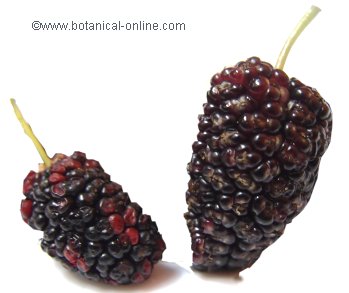
The juice of Mulberries can dye your white hair
- Black mulberry (Morus nigra) In ancient times black mulberries were used to dye the hair (Squeeze some black mulberries and apply the juice on your hair)
- Sage (Salvia officinalis) An infusion of the leaves, mixed with rosemary and thyme, gives strength and makes it shine. You can also add a couple of teaspoons of tincture to your shampoo.
- Lavender cotton (Santolina chamaecyparissus) To provide strength to your hair and make it look clearer) (Wash your hair with the decoction of 60 grams of flowers per liter of water)
DIET FOR HAIR GRAYING
Food for gray hair
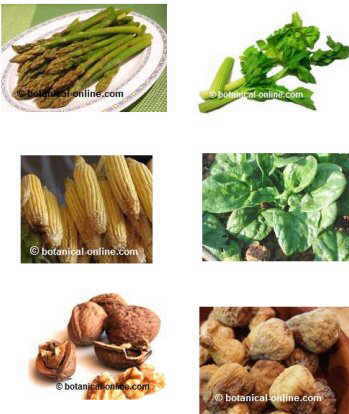
Some foods are especially adequate to prevent or delay the onset of gray hair,
such as asparagus, celery, corn, spinach, nuts or figs
The following foods contain vitamins and minerals that strengthen the hair and help prevent or delay hair graying:
Minerals for gray hair:
- Foods rich in zinc: Antioxidant properties may help prevent the loss of melanin. Foods containing zinc are: celery, asparagus, borage, figs, potatoes, bananas, eggplant, etc..
- Foods rich in copper: strengthen the immune system, it is necessary for the growth of infants and it is involved in the formation of hemoglobin in the blood. A good source of this mineral in nuts such as hazelnuts, walnuts, legumes, or soy.
- Iron rich foods: These would: celery, corn, nuts, peas, spinach, endive, carrots or cucumbers.
- Foods rich in silica: These would: rice (whole) or mangos.
Vitamins for gray hair
- Foods rich in thiamine (Vitamin B1): These have: sunflower seeds, whole grains, especially wheat and oats, and legumes. Other foods include oranges, asparagus, raisins , corn, nuts, etc..
- Foods rich in riboflavin (Vitamin B2): These have: avocado, spinach, cabbage, broccoli, asparagus or whole grains.
![]() More information on hair health.
More information on hair health.

